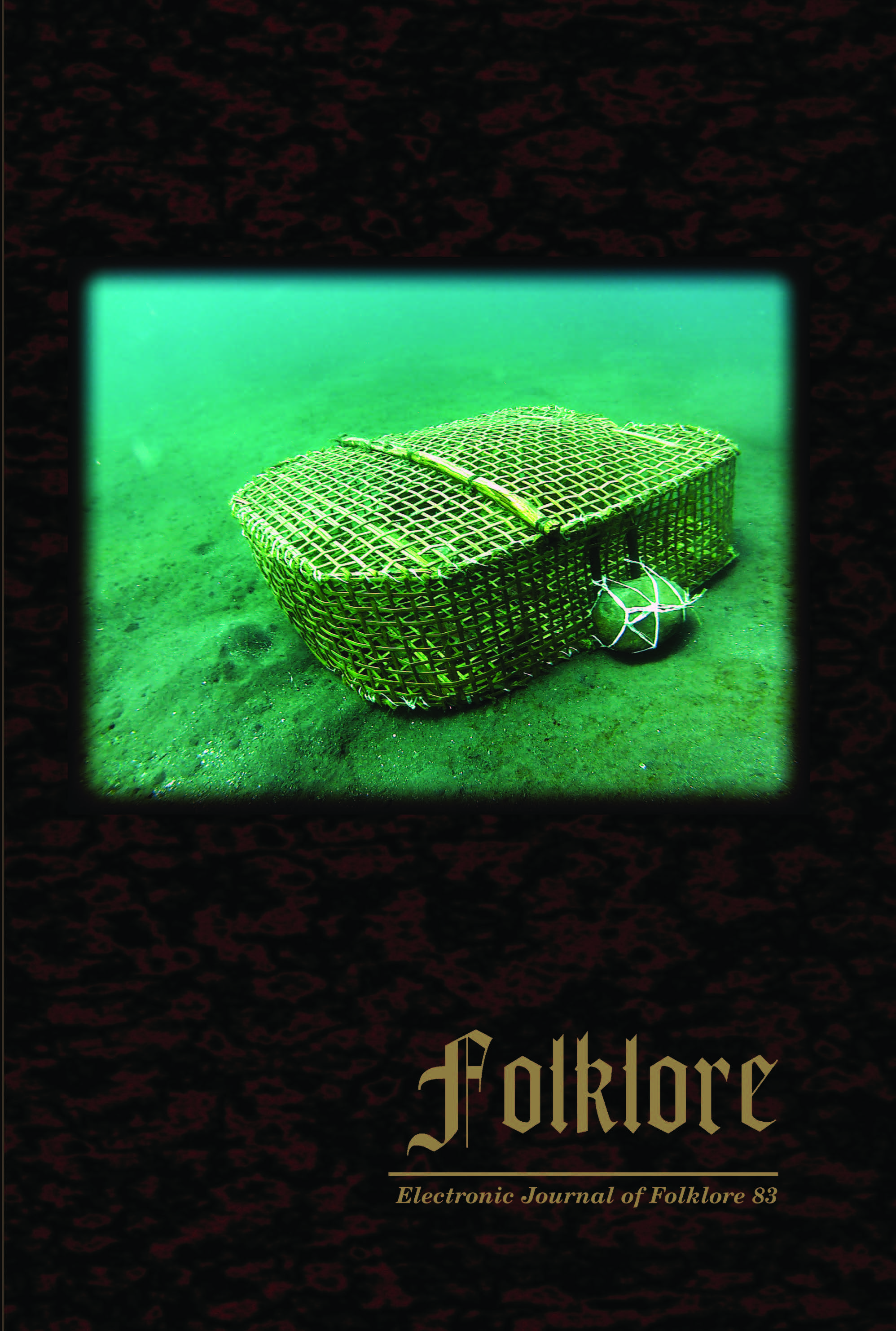After the War and Repressions: Mediating of Traumatic Experiences in Estonian Life Stories
After the War and Repressions: Mediating of Traumatic Experiences in Estonian Life Stories
Author(s): Tiiu JaagoSubject(s): Customs / Folklore, Cultural Anthropology / Ethnology, Culture and social structure , Family and social welfare, WW II and following years (1940 - 1949), Politics of History/Memory
Published by: Eesti Kirjandusmuuseum
Keywords: family relationships; life story; rumours; traumatic experience;
Summary/Abstract: This article looks at how contemporary life stories reflect the historical-political events that took place in the 1940s, and their impact on the development of family relationships. The focus is on the expression of traumatic experiences caused by these events. Observable events, such as the Second World War, living under a foreign power, political repressions, escape to the West, etc., and their impact on Estonian society have been analysed by Estonian sociologists using the concept of cultural trauma. Literary researchers have studied this subject from the perspective of literary trauma theory. This article provides an analysis of Estonian life stories, which is based on the tools of folkloristic narrative research and the trauma conception. Although the narrators do not use the word ‘trauma’, it can be assumed that they express their traumatic experiences in some special way. It appears, for instance, that these first-person narratives provide a laconic description of the situation, relatively free of the emotion that possessed the narrator in the situation being described. The narrative style is determined by the distance between the narrator and the event that traumatizes them. This distance can be created by the narrator through using urban legends and rumours to characterize the general attitudes of the period being described. When the events of the twentieth century were discussed in the stories told in the 1990s, the dynamics of family relationships between two or three generations came to the fore in the stories told in the present time. The changing focus of the stories, shifting from events to the subject of intimacy, directs researchers to observe the transmission and transformation of trauma in a new context.
Journal: Folklore: Electronic Journal of Folklore
- Issue Year: 2021
- Issue No: 83
- Page Range: 105-122
- Page Count: 18
- Language: English

